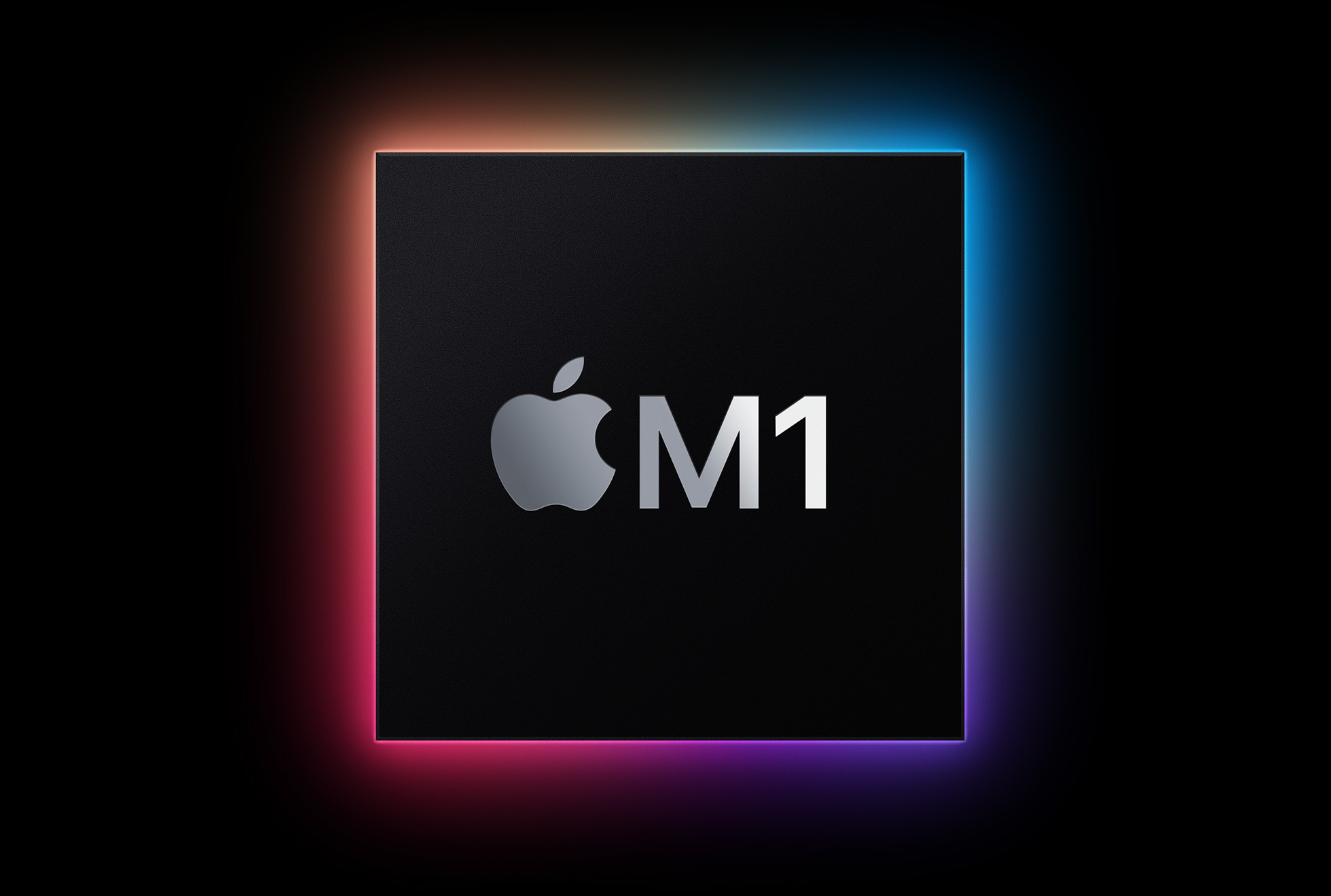It is more precise to say that MacOS competes with Windows. The actual internal architecture of Macs has never really mattered all that much to the majority of consumers. Design has been much more important - that being the unibody construction and high quality displays in recent times.
Qualcomm's situation is that they must either make computers themselves are become a supplier for other PC makers. Since it is very likely the latter they are not competing with Apple at all - they have to find their own share of the PC market first.
Having said that while we as users benefit from the increased performance the new M-series architecture provides make no mistake its primary reason for existence is a simplified supply chain for Apple (lower costs/higher profits).
I agree with most of what you said, except related the simplified supply chain to lower costs. Apple was at the mercy of Intel and had been forced to endure their inability to release chips on time and resolve their thermal issues. Apple has proven it could be done and has accelerated the output significantly.





